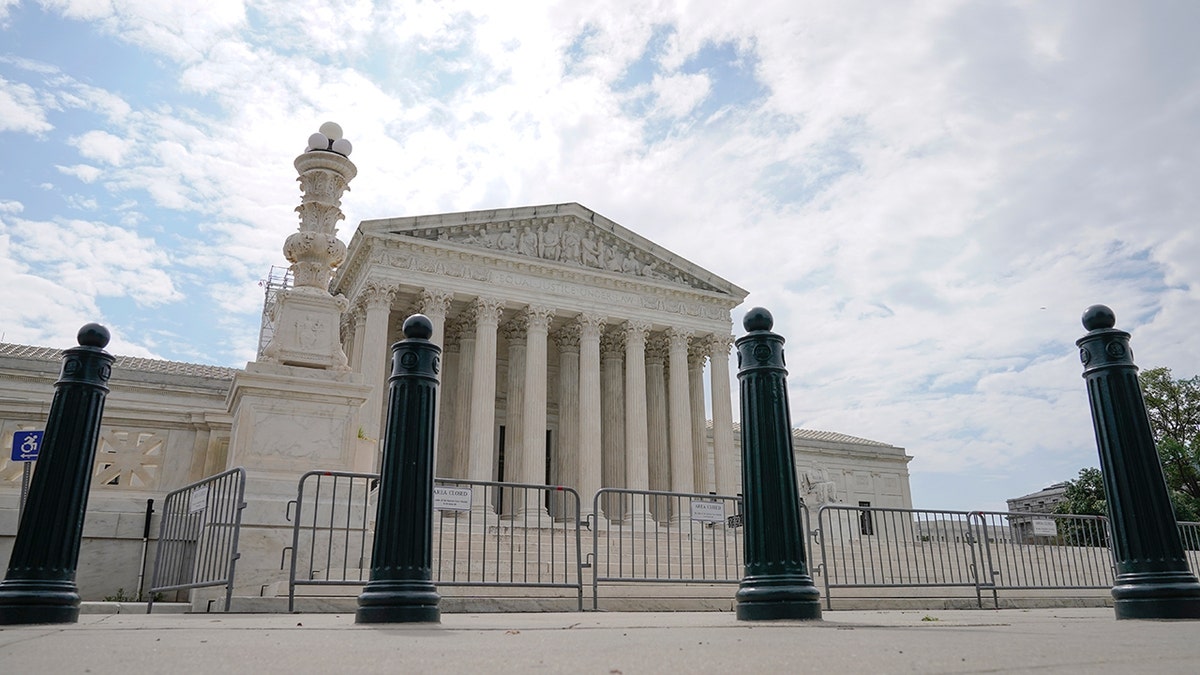Just before the Fourth of July weekend, the Supreme Court delivered three significant victories for American liberty, upholding freedom of speech, reaffirming Congress's power of the purse, and prohibiting racial discrimination by the government. These decisions deserve celebration, reflecting the strength of our constitutional framework.
Progressives have expressed dismay at these rulings. President Biden, along with other prominent figures, have voiced their preference for government-compelled speech, executive overreach on spending, and the continuation of racial preferences in higher education, particularly impacting Asian Americans.
The six justices who formed the majorities in these cases anticipated the backlash. They had faced similar criticism after the decision to return the abortion issue to the states. Despite enduring protests, an assassination attempt, and smear campaigns, they remained steadfast. Their commitment to the Constitution and their courage are commendable.

Free Speech
Recalling the Supreme Court's defense of Jehovah's Witnesses' right to refuse the Pledge of Allegiance during World War II, the recent 303 Creative decision echoes this protection of individual conscience. The Court affirmed that a website designer could not be compelled to create content violating her religious beliefs, even if those beliefs pertain to same-sex marriage. While ensuring non-discriminatory market access remains crucial, the government cannot force individuals to express views contrary to their deeply held convictions.

The U.S. Supreme Court, Tuesday, June 27, 2023, in Washington. (AP Photo/Mariam Zuhaib)
Power of the Purse
In Biden v. Nebraska, the Court reiterated Congress's exclusive authority over federal spending, rejecting President Biden's attempt to bypass Congress on student loan forgiveness. This marks Biden’s fourth consecutive defeat on similar attempts to circumvent legislative power on major domestic policy issues. The Court emphasized that decisions regarding the forgiveness of debt owed to the United States rest solely with Congress. Democrats should focus on legislative solutions rather than executive action or blaming the Court.

Racial Discrimination
In Students for Fair Admissions v. Harvard, the Court finally embraced Justice Harlan's color-blind ideal from his Plessy v. Ferguson dissent. By eliminating the exception for higher education, the Court ensured that even elite institutions like Harvard must adhere to the principle of equal protection under the law, prohibiting racial preferences. Justice Thomas's concurring opinion, reflecting his personal experience growing up in the segregated South, stands as a powerful testament to this victory.
Comments(0)
Top Comments